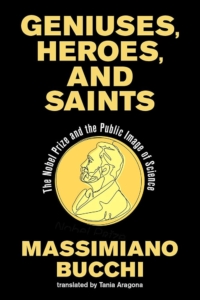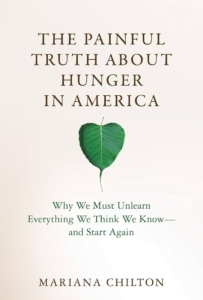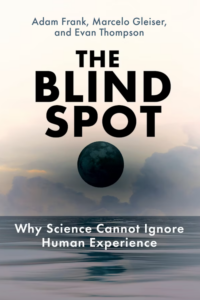“Geniuses, Heroes, and Saints: The Nobel Prize and the Public Image of Science” with Professor Massimiano Bucchi
In a world where scientific work often feels distant and difficult to grasp, the Nobel Prize makes science visible and understandable in a unique way. It is the most recognized and prestigious award for individual scientific achievement, giving a human face to great discoveries and turning them into powerful stories. The winners could be global figures like Albert Einstein or little-known doctors working in remote towns. Some prizes went to breakthroughs later proven wrong, and many names have faded from memory. Yet, as Massimiano Bucchi shows, the Nobel Prize shaped how people saw science throughout the twentieth century—an image that continues to influence us in surprising ways today.
In his book Geniuses, Heroes, and Saints: The Nobel Prize and the Public Image of Science, Professor Bucchi tells the story of how the Nobel Prize transformed science into something more than a technical field. It became an epic human pursuit, shaped by history and shared with the public. In this episode of Bridging the Gaps, I speak with Professor Massimaino Bucchi.
Professor Massimiano Bucchi is a leading scholar in the field of science communication and Professor of Science and Technology in Society at the University of Trento. He is the former editor of Public Understanding of Science and the author of books, including Newton’s Chicken and the co-edited Handbook of Public Communication of Science and Technology.
We begin the conversation with the three main narratives outlined in the book that define the Nobel Prize. First, the scientist as genius—a creative visionary, a brilliant intellect, often portrayed as a solitary figure with a romantic aura. Second, the scientist as national hero—a symbol of international rivalry played out in a peaceful, rational contest. Third, the scientist as saint—a moral exemplar celebrated for humility, modesty, and complete devotion to science.
From there, we trace the history of the Nobel, its origins, and its early role in European society. We examine the first laureates, notable controversies, and famous recipients—including the story of Einstein’s long-delayed award and the “interesting” aspects of the work that finally earned him the prize.
We also explore the Nobel’s impact on public perceptions of science, the ceremonial “royal touch” that surrounds it, and how the prize might evolve in the twenty-first century. We then discuss science communication more broadly.
Overall, it has been a rich and fascinating discussion.
Complement this discussion with “Sharing Our Science: How to Write and Speak STEM” with Professor Brandon Brown and then listen to On Public Communication of Science and Technology with Professor Bruce Lewenstein




Connect With Us